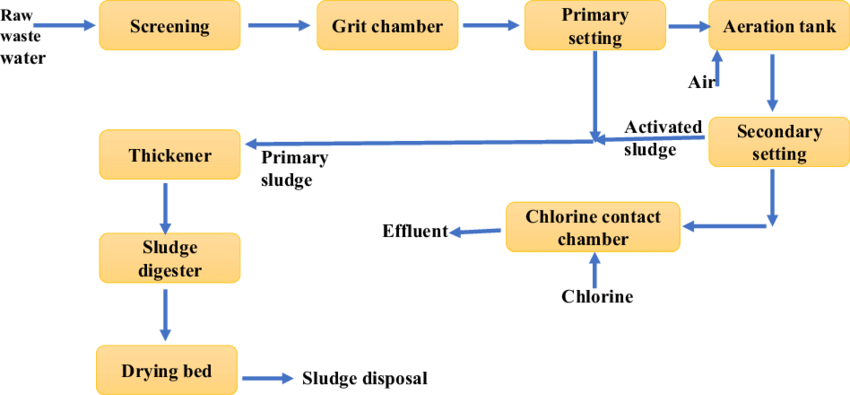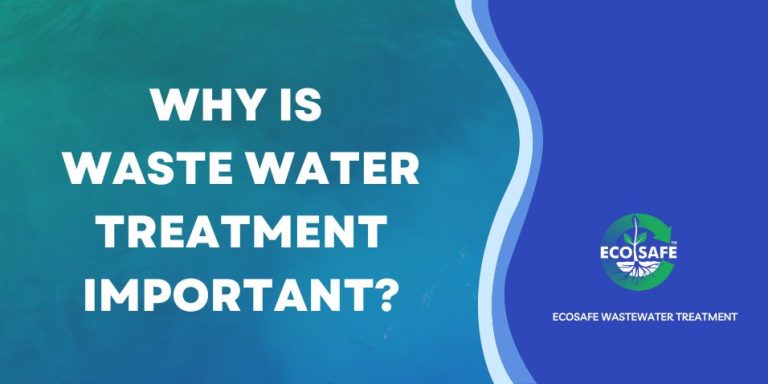Reclaim Waste Fundamentals Explained
Reclaim Waste Fundamentals Explained
Blog Article
Reclaim Waste for Dummies
Table of ContentsSome Of Reclaim WasteExamine This Report on Reclaim WasteThe Main Principles Of Reclaim Waste See This Report about Reclaim WasteThe Single Strategy To Use For Reclaim Waste
Discover the kinds, occurrences, and kinds of fluid waste. Domestic sewer waste refers to the waste and products from a residential septic container. This kind of waste is created by human beings in homes, schools, and various other buildings. This only consists of septic storage tanks that have a drainpipe field. The proper monitoring and disposal of domestic sewer waste require fluid waste to be transferred to a sewer therapy plant where the appropriate approaches and devices are related to cleanse and get rid of waste.
Industrial waste often consists of possible risks, such as combustible products or a mix of fluid and strong waste products, and requires a much more innovative and comprehensive disposal procedure. The disposal of commercial waste commonly involves the filtering of waste prior to transport to ensure risk-free and correct disposal. Hazardous waste is produced from by-products and drainage of industrial processes and production.
This type of waste can not make use of the very same sewage monitoring transport or processes as septic or commercial liquids. The hazardous waste administration procedure calls for the inspection and testing of liquid waste before it undergoes the disposal process (liquid waste disposal melbourne). Runoff waste is the liquid waste that comes from runoff and excess stormwater in highly populated areas or cities
Runoff waste can cause contamination and flooding if not handled correctly. Find out more concerning sewage system cleansing and waste administration. Making sure appropriate waste administration can stop catastrophes and minimize environmental harm. Both people in residential setups and specialists in business or production markets can take advantage of understanding the processes and laws of fluid waste administration.
The 7-Second Trick For Reclaim Waste
Get in touch with PROS Services today to learn more about our waste administration and disposal solutions and the proper methods to look after the liquid waste you generate.
(https://padlet.com/leonaube33101/reclaim-waste-hw71hge954tsaxnp)Do you understand what happens to your water when you draw the plug, flush the commode or drain the cleaning machine? No? Well, it deserves knowing. This supposed 'wastewater' is not just an essential resource but, after therapy, will be launched to our land, rivers or the ocean. Used water from toilets, showers, baths, cooking area sinks, washings and commercial processes is referred to as wastewater.

water made use of to cool machinery or tidy plant and equipment). Stormwater, a type of wastewater, is runoff that streams from farming and urban locations such as roofing systems, parks, yards, roads, paths and seamless gutters right into stormwater drains, after rainfall. Stormwater moves without treatment directly to regional creeks or rivers, eventually reaching the ocean.
Getting The Reclaim Waste To Work
In Queensland, the majority of wastewater is treated at sewage treatment plants. Wastewater is delivered from residential or commercial websites via a system of sewage systems and pump terminals, referred to as sewage reticulation, to a sewer therapy plant. City governments build, maintain and run most sewer therapy plants. Operators are accredited under the Environmental Defense Act 1994 to release cured wastewater at an acceptable environmental standard into rivers.
The Division of Natural Resources suggests neighborhood federal governments regarding managing, operating and maintaining sewage systems and therapy plants. In unsewered areas, city governments might need householders to mount specific or family sewage therapy systems to deal with domestic wastewater from toilets, you can check here cooking areas, bathrooms and washings. The Department of Natural Resources authorises the usage of home systems when they are shown to be effective.
In some brand-new class, treatment of some stormwater to get rid of litter, sand and crushed rock has started using gross toxin traps. Wastewater therapy occurs in 4 phases: Eliminates strong matter.
Utilizes small living microorganisms knows as micro-organisms to break down and get rid of remaining dissolved wastes and fine bits. Micro-organisms and wastes are included in the sludge.
Reclaim Waste for Dummies
Nutrient elimination is not offered whatsoever sewage treatment plants since it needs costly specialist devices. It is becoming much more common in Queensland. Clear liquid effluent generated after treatment might still consist of disease-causing micro-organisms. If this effluent is released right into rivers such as rivers or the sea, the micro-organisms will at some point pass away out.

This typically implies wastewater has to be dealt with or pollutants eliminated before it can be released to waterways. Most wastewater moves into the sewerage system. Under the Act, neighborhood governments administer authorizations and licences for eco appropriate activities (ERAs) including wastewater releases that could have a regional impact. The division administers authorizations and licences to Periods involving wastewater launches that may have a local or statewide effect.
Reclaim Waste for Beginners
Monitoring provides factual information about water quality and can confirm that licence conditions are being met. The information obtained through monitoring provides the basis for making water high quality decisions.
Report this page